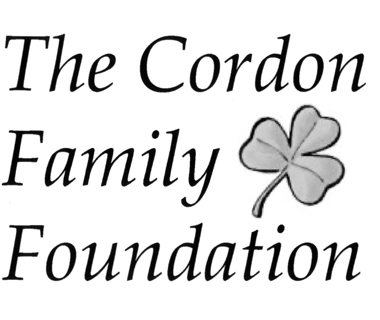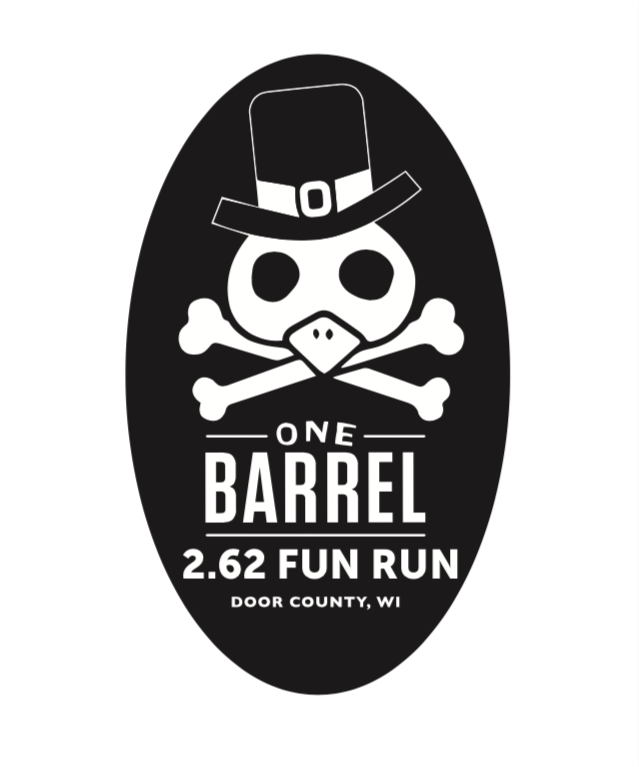We all know the physical benefits of a Half Marathon or 5K training regimen, but what about running’s effects on mental health?
Barb Johnson-Giese, LCSW, behavioral health coordinator at Ministry Door County Medical Center, says exercise is a key component to maintaining and improving mental health. Research shows people who exercise regularly benefit from a positive boost in mood and lower rates of depression.
What’s more, the training process itself can benefit athletes’ mental health, especially during the dark days of winter and Door County’s late-coming spring.
“There are many runners who look forward to this event as the kick-off to the silent sport season,” says Myles Dannhausen, assistant race director for the Door County Half Marathon. “Wisconsin winters can be mentally tough, and events like this can be huge for pulling people through them.”
The “runner’s high” athletes often describe is real. Exercise triggers the release of endorphins, natural painkillers that also trigger positive feelings. Regular exercise has been proven to not only reduce stress and anxiety, but improve sleep and boost self-esteem. Runners who train with a group have the added benefit of social connection – also a proven factor in preventing depression.
The scenic beauty of Peninsula State Park adds another level to this natural approach to mental health. A recent study in the Journal of Environmental Science & Technology showed green exercise (exercise in the presence of nature) can lead to positive mental health outcomes too.
“There are so many reasons why Ministry supports silent sporting events,” says Johnson-Giese, “and improved community mental health is just one of them.”


















